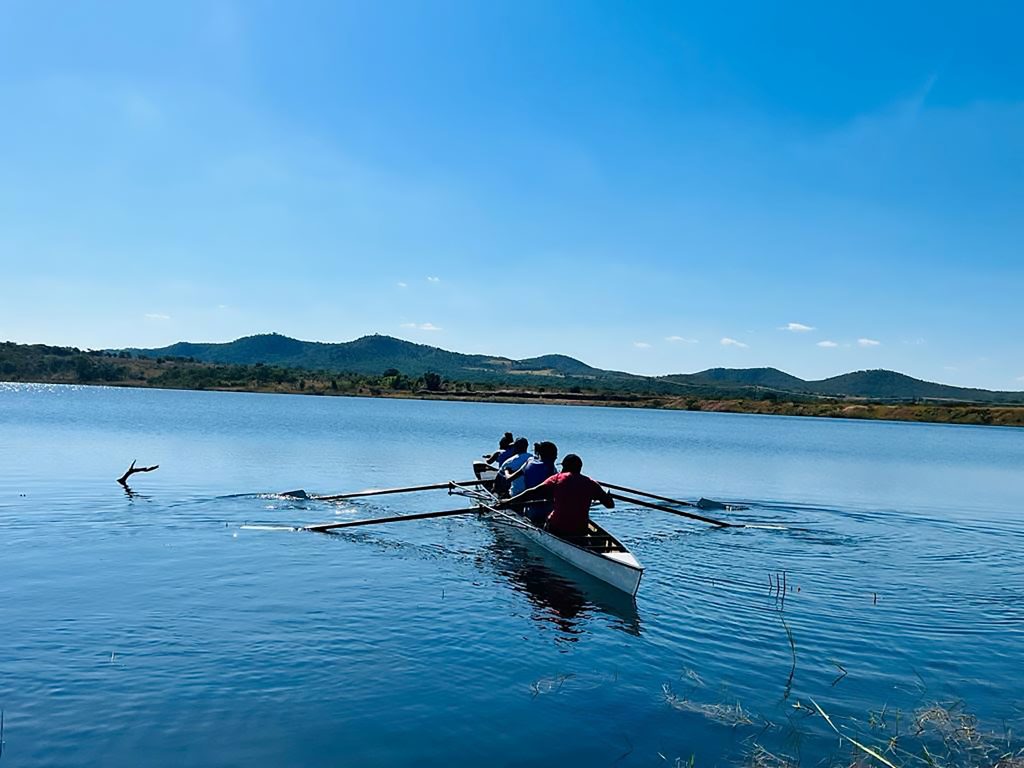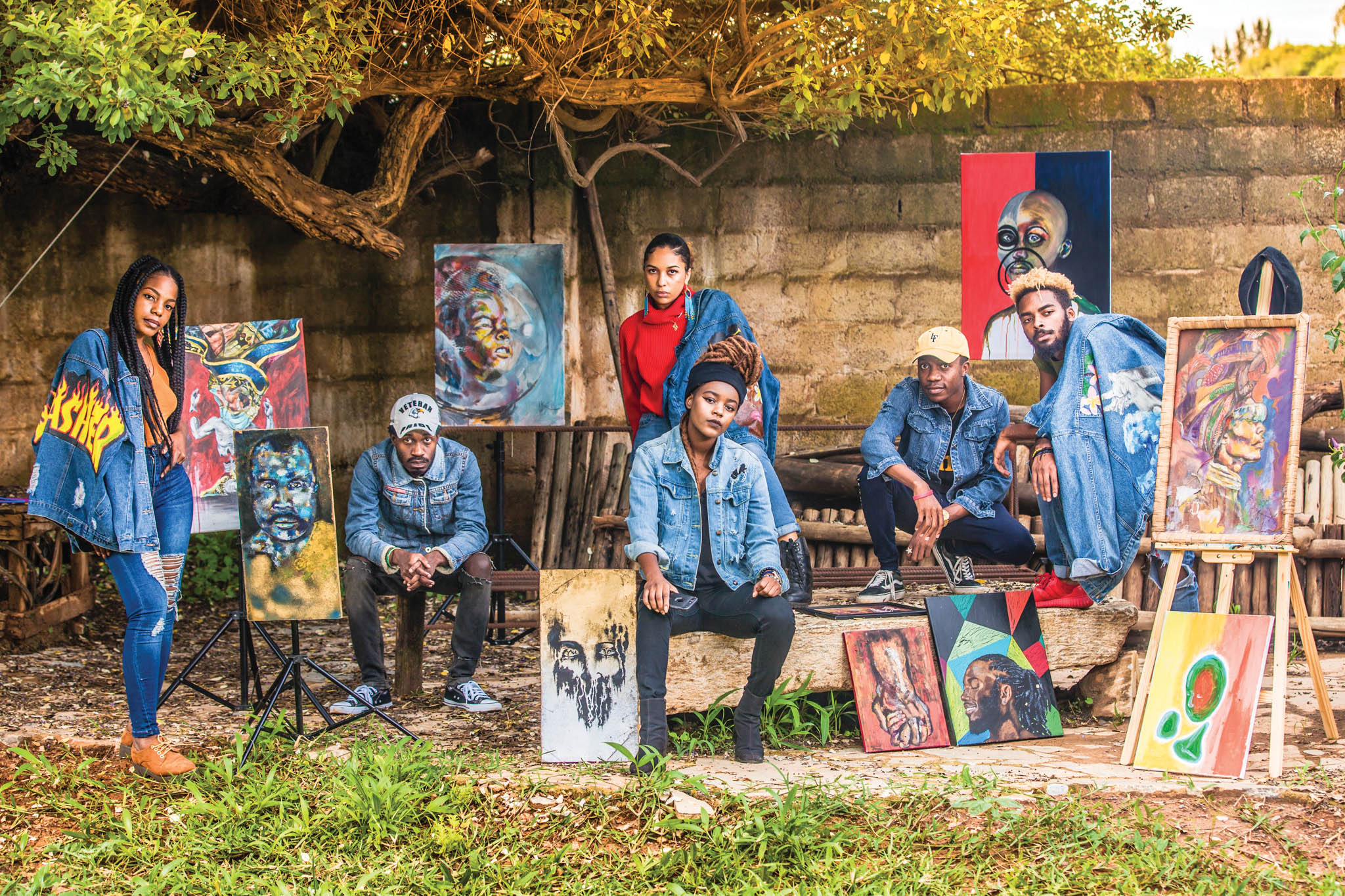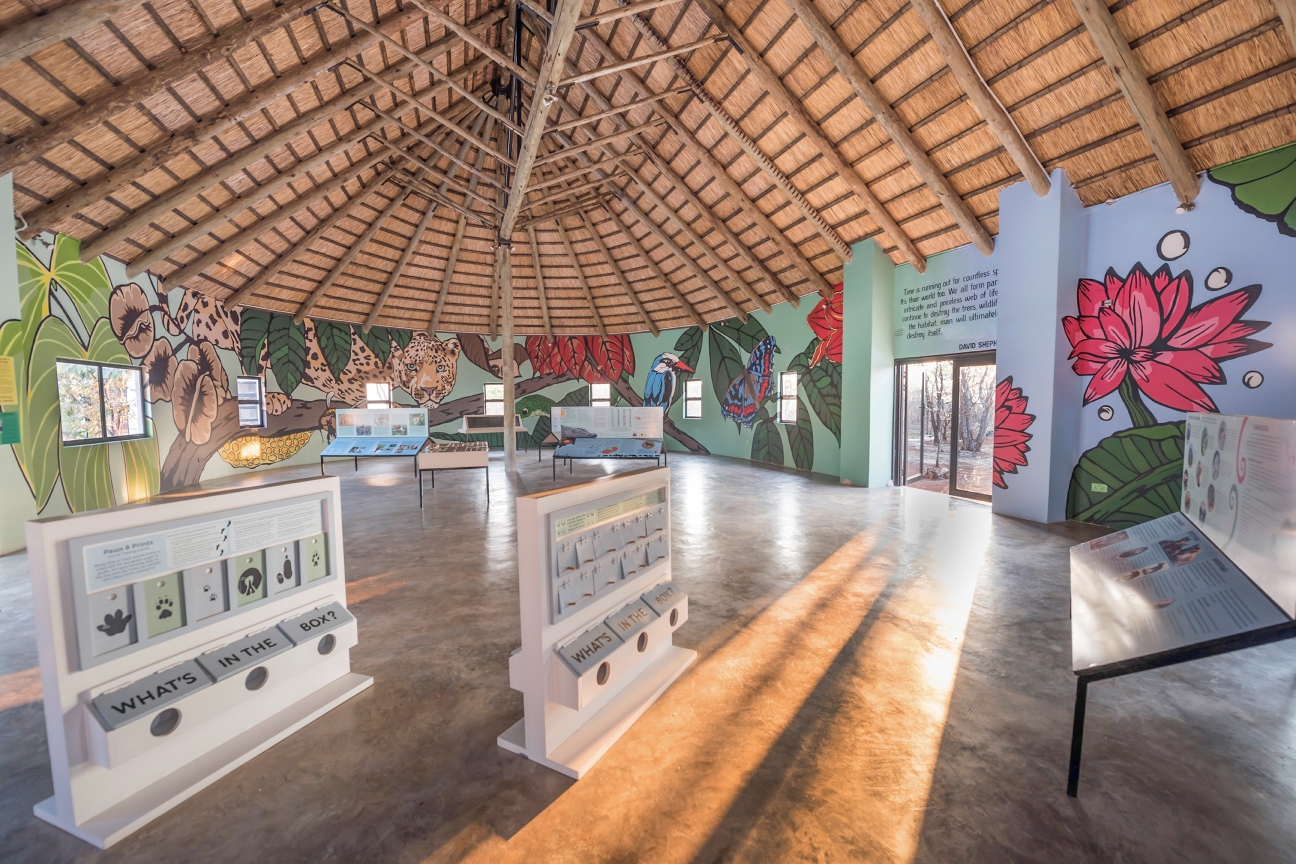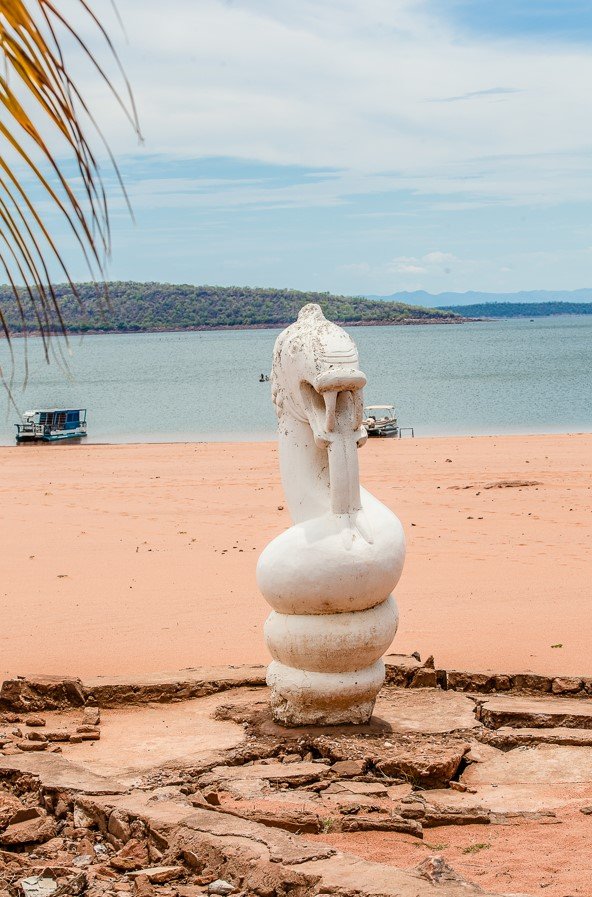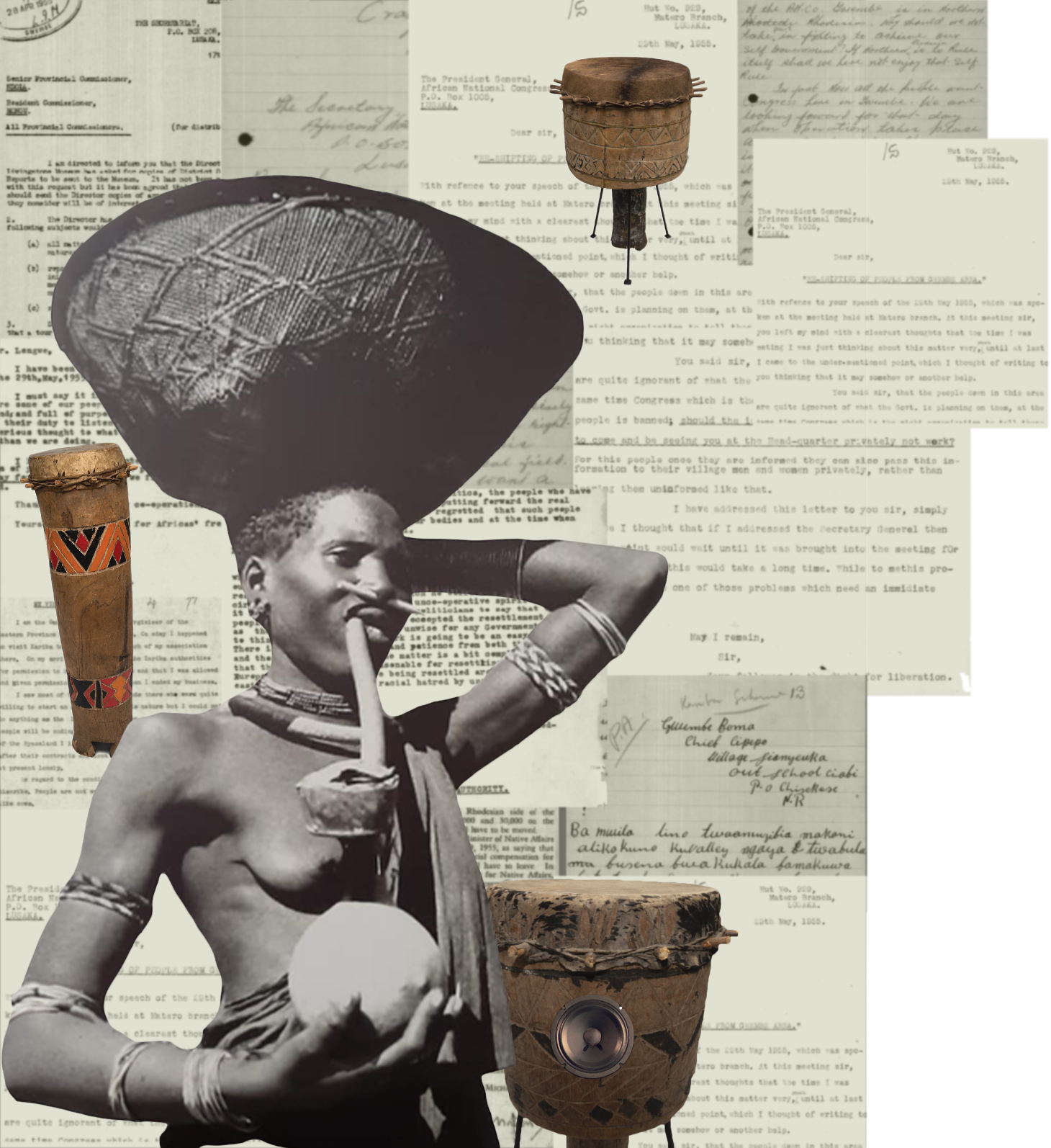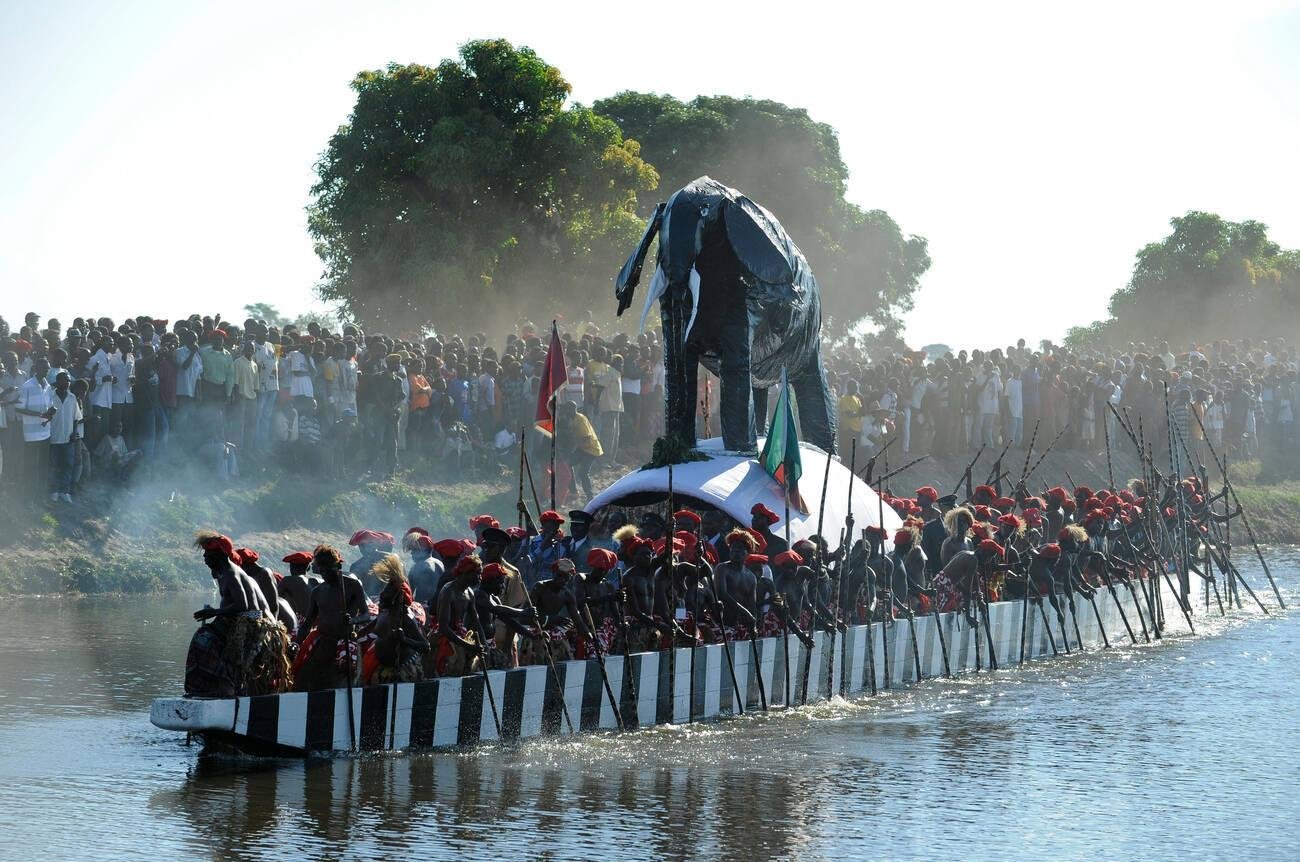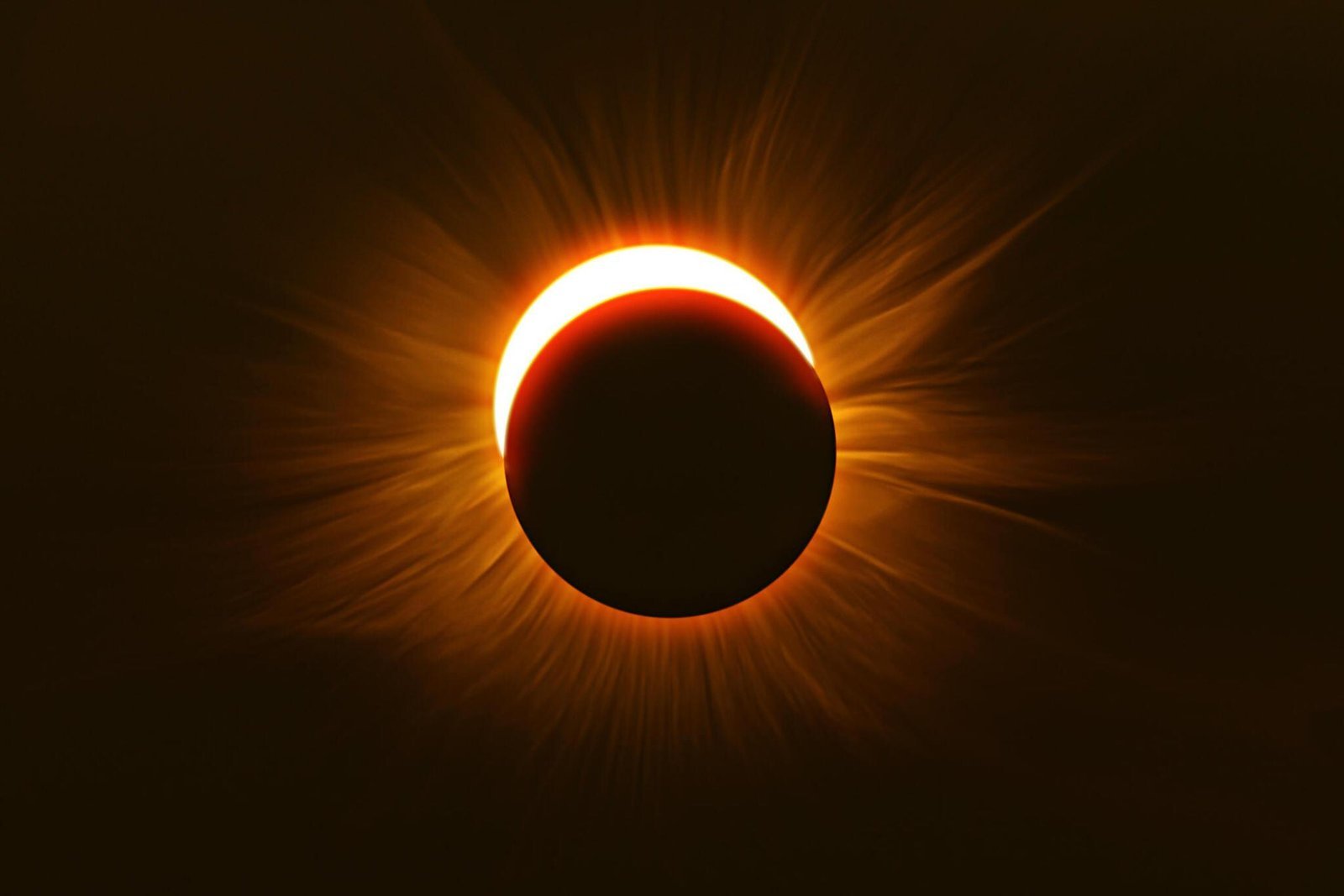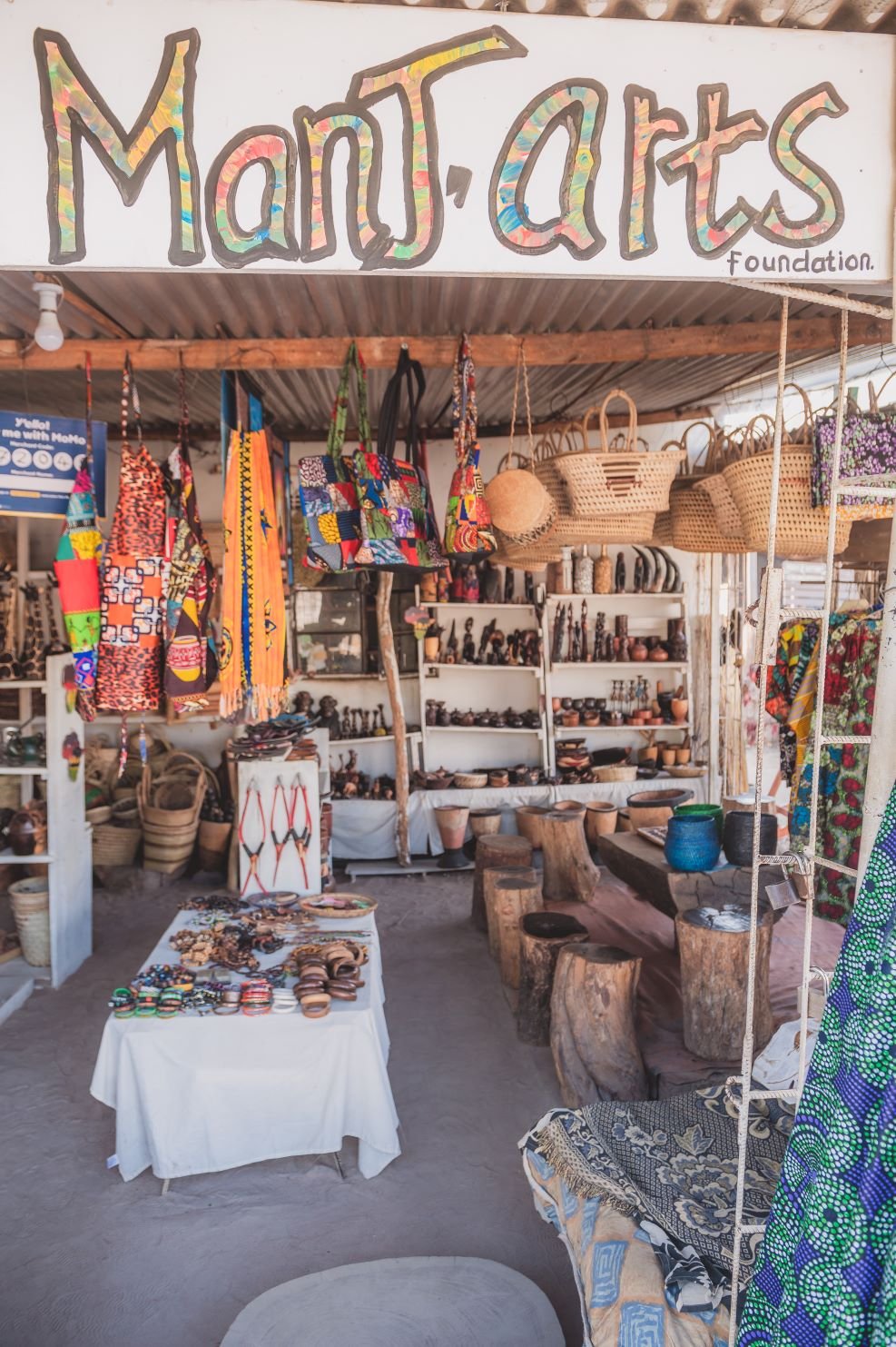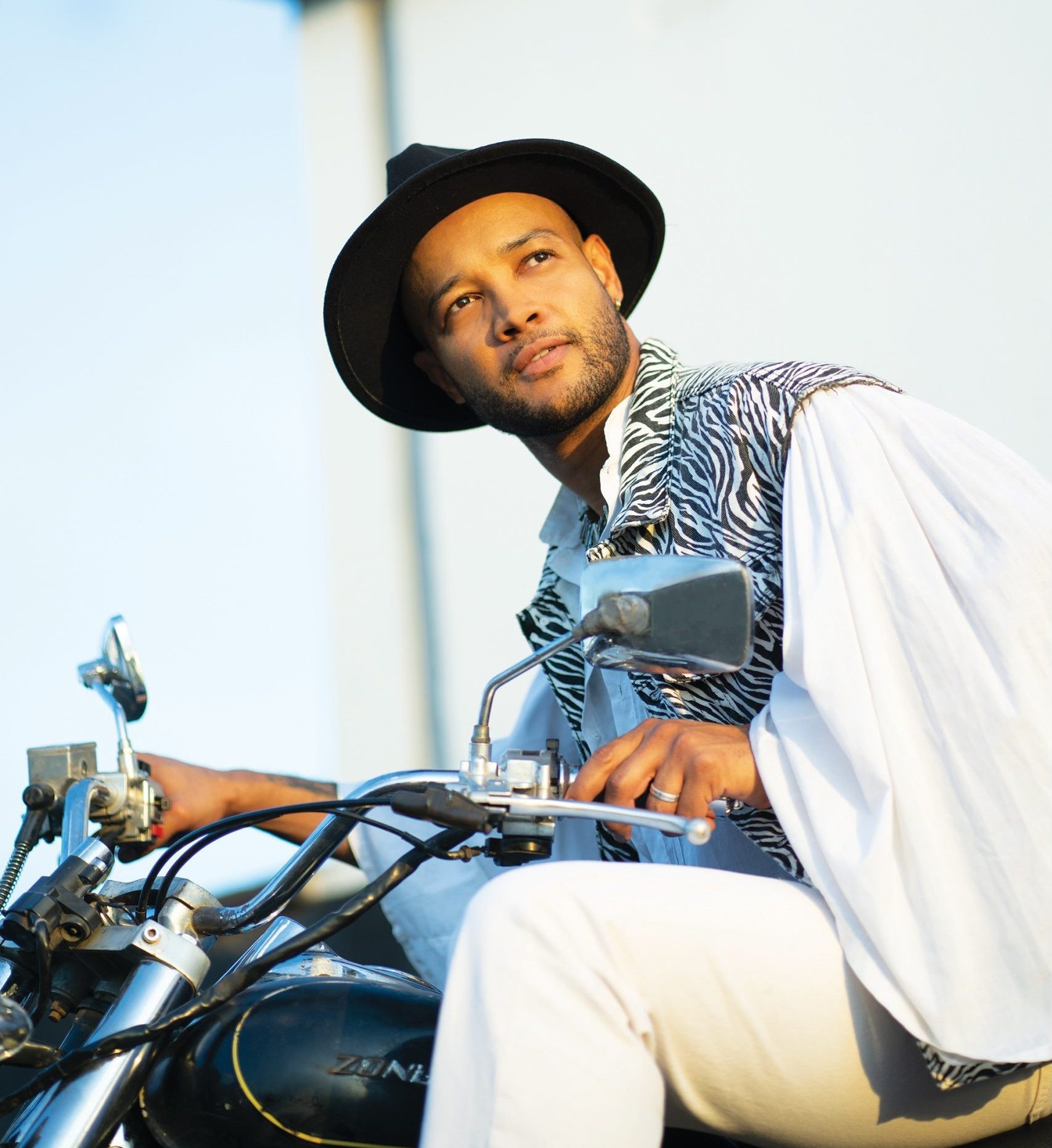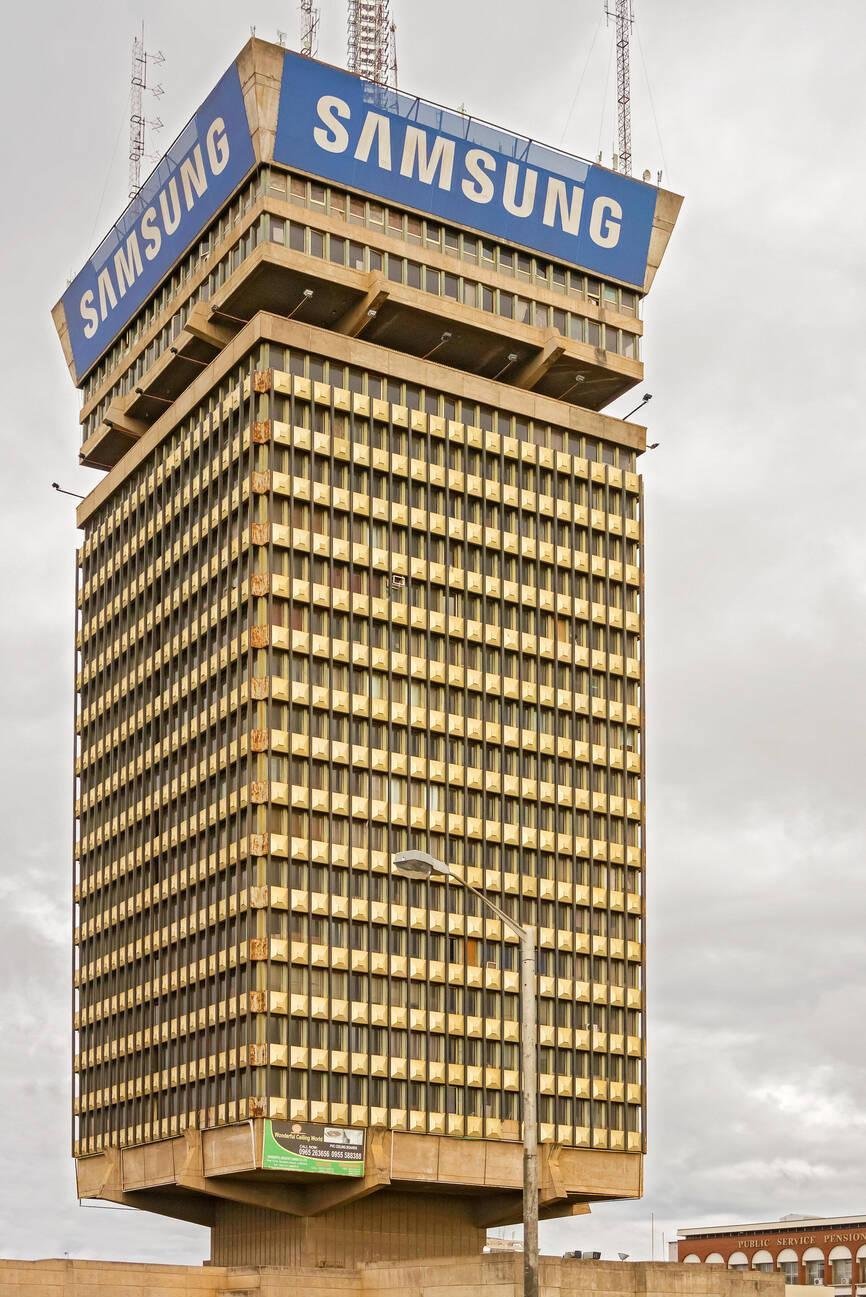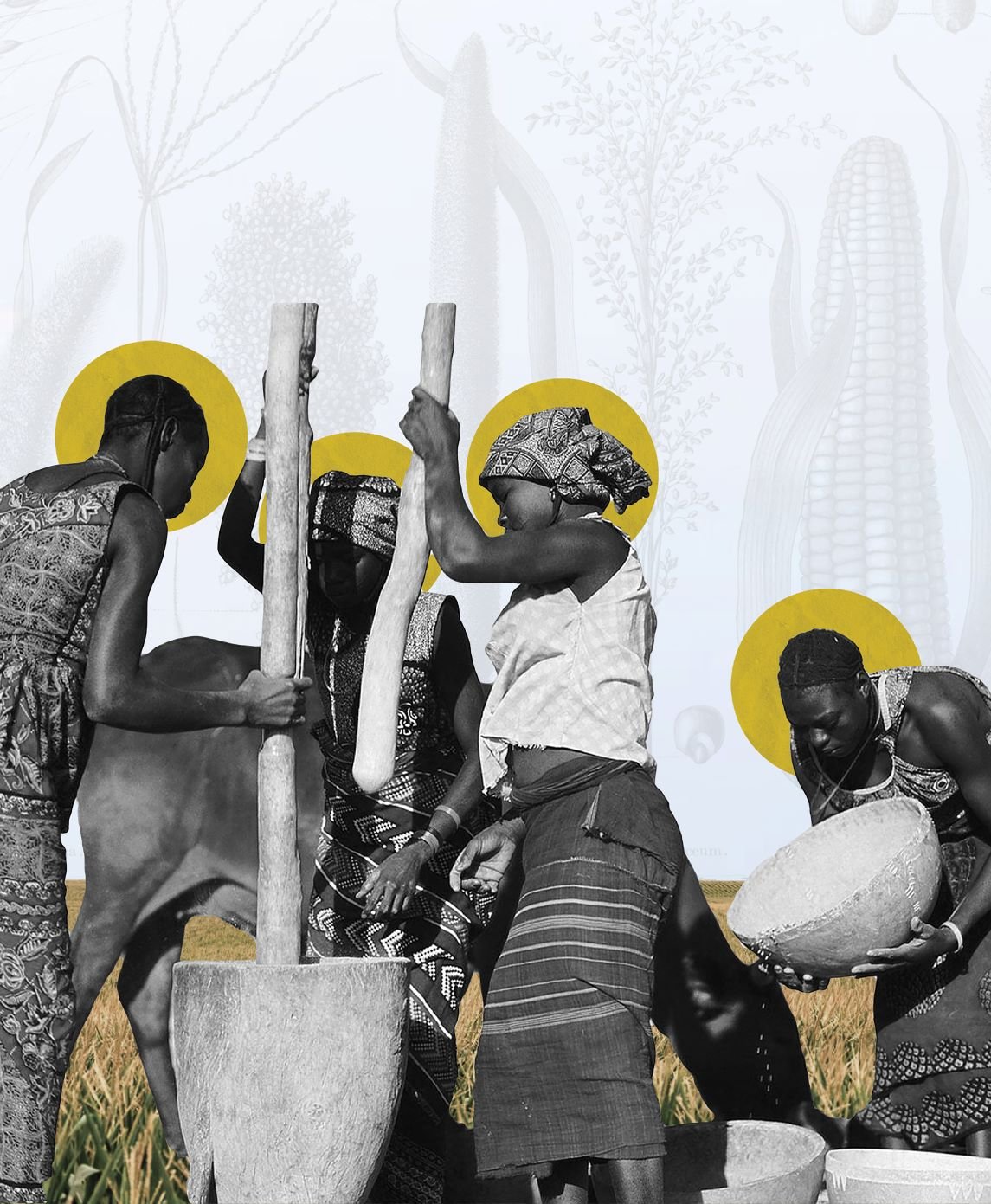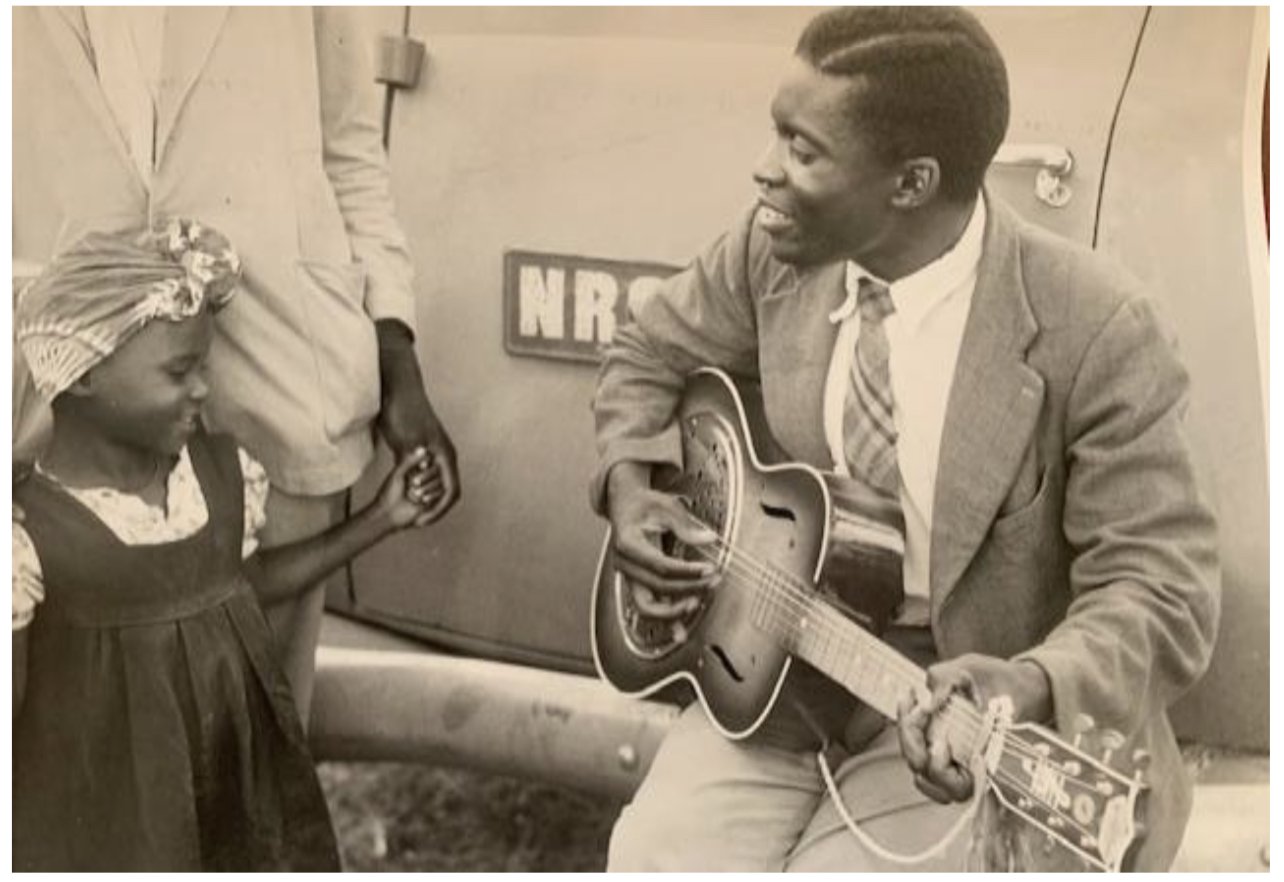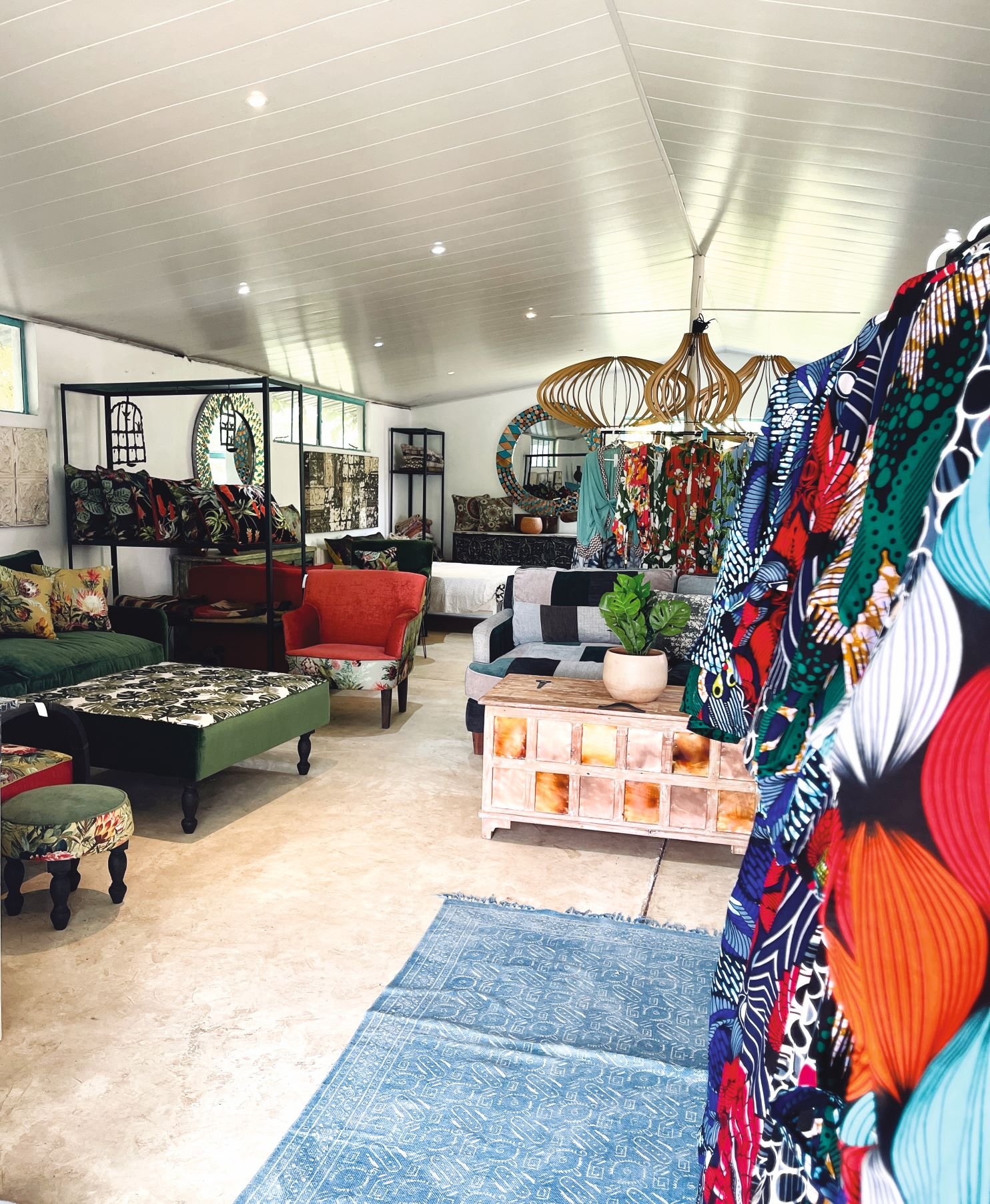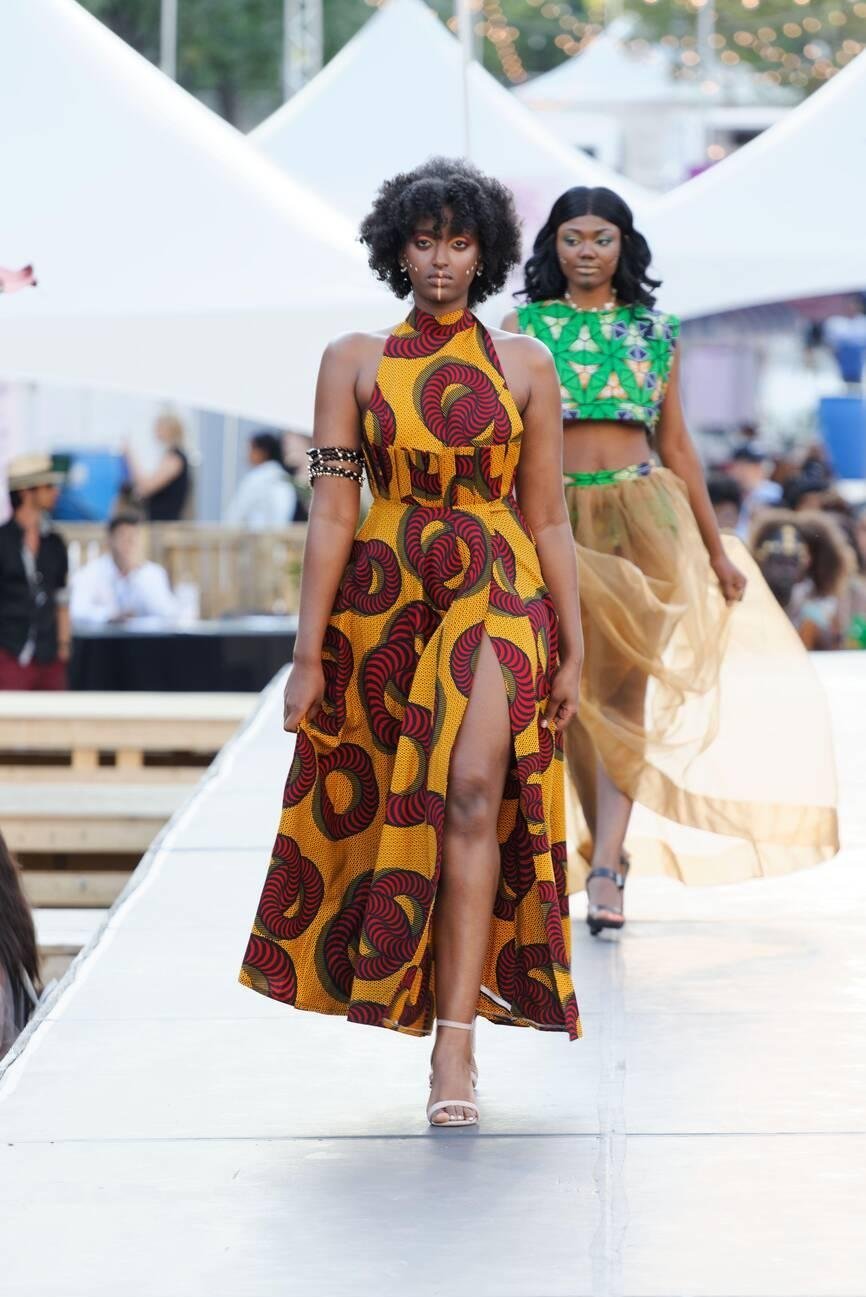Zambian singer Roberto was nicknamed superstar by his late sister and he has indeed lived up to that moniker.
Roberto and ‘Amarulah’ have become synonymous ever since the 2014 hit song made its rounds on MTV Base Southern Africa, East Africa and West Africa. In fact, ‘Amarulah’ became such a worldwide sensation that it was played across Europe, North America, the Middle East and Asia. Roberto has performed in over 48 cities in eight different countries and while he is popular at home, sometimes it seems he gets more love internationally.

Born and raised in Chipata, Roberto (real name Robert Banda), has achieved massive success across Africa and he usually performs around the continent throughout the year. He tells us about his globetrotting life and how for him music is all about sharing a positive message and building a community. Nicknamed Superstar by his late sister, Roberto comes from a supportive family where he names his mother as his number one fan. Supporting and working with aspiring musicians is something that Roberto feels very passionate about and he believes that this is how the Zambian music industry will thrive.

With a total of 12 awards, three international and nine local, Roberto’s stardom is undeniable. Growing up, he moved between Chipata and Lusaka to visit his parents who lived separately. The last born in a family of nine, Roberto was inspired to pursue music by his older brother David Banda, popularly known as General Ozzy. Today, the brothers co-own a record label called BrathaHood Music, together signing on artists such as Young Rico, Mandela, Kaufela. The idea behind starting a record label was to cut through the red tape of the music industry. “We didn’t understand why there was so much red tape to give aspiring musicians a chance. BrathaHood Music is a platform that allows artists to shine in their own right without being tied to severe contracts,” shared Roberto.

Roberto says that at some point it was a struggle living under his brother’s shadow. He recalls being cautioned by his brother upon declaring his new found career in music,“There are people in the industry who will like you and others who will not like you simply because you’re my brother.” While aware that he would face challenges, Roberto was relentless in his pursuit to make his own mark as a musician rather than simply be known as General Ozzy’s brother. Nonetheless, both brothers have managed to carve out a space for themselves within the Zambian music industry and have collaborated on a single titled ‘African Woman.’ The tough love worked out after all.
Roberto had his first real experience with the commercial side of business at a tender age. While still in high school in Johannesburg, Roberto sold five songs out of the seven he had written and recorded at a studio that he was renting on an hourly basis. After recording, the artists who were waiting for their turn and had heard him recording immediately made an offer to buy his music and he sold right away. Fortunately, he had the guidance of the studio executives to set the right price. “I was very lucky to have early exposure to an advanced music industry in South Africa. Realising that nothing was going to be handed over to me for free in my career was a significant lesson that has impacted my work ethic and pursuit to be the best I can be,” Roberto shares. “When your class position is number six, do you compete against number one or number ten?” he asks rhetorically.
Upon returning to Zambia from South Africa where he had attended high school and college, Roberto soon discovered that he had to blend in and to do this he went to Kabwe. Interestingly, during this time, Roberto also got approached by an upcoming musician called Brian Bwembya, professionally known as B Flow, who asked to be managed by Roberto and they worked together for six months. Blending in worked because it cemented Roberto’s place in the Zambian music industry with the song ‘Operator.’
“I was known as General Ozzy’s brother until 2008 when I signed on to Sling Beats with Chali Mulalami for one album, Akasuba. It was when my contract ended with Sling Beats in 2010 that I started to mention my name in my songs because I wanted people to know me by my name but also to discourage copycats from stealing my songs because I had heard that they were being performed in some places without permission,” Roberto tells me.
Fast forward to the song that propelled Roberto to superstardom, ‘Amarulah.’ Apparently it was never meant to be a hit song from the beginning but rather, a playful and fun song that people could sing along to. And the reason for the song’s name? Simple, it fit easily with the beat. “We were at a party where people had to bring their own bottle and this man showed up with a whole case of Amarula and it was quite a feat back then,” Roberto reminisces. “It was really meant to be a club song and it’s amazing that it turned out to be but I never expected that it would become a worldwide sensation or even appeal to people from all walks of life,” Roberto explains.
“It is evident that our plans and God’s plans are different. To shoot the ‘Amarulah’ music video, I went to Vatice Mushauko of Inzy who immediately recommended that the music video should be of the best quality and nobody disagreed with him. The music video budget added up to around K70,000 back in 2014 and was 100 percent self-sponsored. The inspiration actually came from a music video by Kalodoshas,” Roberto admits. The return on investment has been positive following the response the song and video received. “The marketing definitely paid off and I have been able to reap 50 times more than I spent producing ‘Amarulah’ from music licensing to subsequent performances. I’d say to the young aspiring artist to go after their dream with all they’ve got. Some people will try to place you where they feel you belong but it is up to you to follow your own path of success,” shares Roberto.

